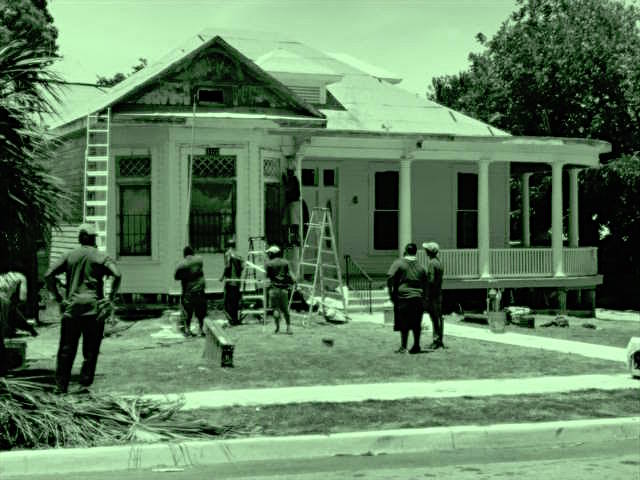Briefing on Proposed Code of Conduct for the Historic and Design Review Commission on March 3, 2021
Purpose: The residents of San Antonio are entitled to have a fair, ethical, and accountable local government. To achieve this goal appointed officials should:
- Comply with the letter and the spirit of the laws and ordinances that apply to the structure and operations of local government.
- Be independent, impartial, and fair in their judgements and actions.
- Use their office for public good and community needs and not for personal gain or self-promotion.
- Conduct public deliberations openly and in an atmosphere of respect and civility.
To this end the City of San Antonio Historic Design and Review Commission adopts the following Code of Conduct to increase public confidence and trust in the integrity of local government and its effective operations.
Code of Conduct
All members of the Historic Design and Review Commission, including the Chair, have equal votes.
No Commissioner has more legislative power than any other Commissioner, and all should be treated with equal dignity and respect.
All Commissioners should:
- Fully participate in Commission meetings, public hearings, and other public forums while demonstrating respect, kindness, considerations, and courtesy to others.
- Prepare in advance of meetings by reviewing Staff presentations, reports, memorandums, and other pertinent material and be familiar with issues on the agenda. Questions and comments should be directed to Staff in advance, if practical, so that public deliberations and information sharing can be effective and timely.
- Represent the City at public events in a professional manner. Serve as a model of leadership and civility to the community.
- Be respectful of other people’s time. Stay focused, be succinct, and act efficiently during meetings.
- Inspire public confidence in San Antonio local government through thoughtful representation and a commitment to discuss and deliberate issues based on fact.
Public Meeting Hearing Protocol
It is the responsibility of the chair to keep comments on track during public meetings.
Commissioners should honor efforts by the chair to focus discussion on current agenda items. If there is a disagreement about the agenda or the Chair’s actions, those objections should be voiced politely and with reason, following procedures outlined in parliamentary procedure.
The Chair has the responsibility to run an efficient public meeting and has the discretion to modify the public hearing process to make the meeting run smoothly. Commissioners will not express opinions during the public hearing portion of the meeting except to ask pertinent questions of the speaker or staff. “I think” and “I feel” comments by Commissioners are not appropriate until after the close of the public hearing. Commissioners should refrain from arguing or debating with the public during a public hearing and shall always show respect for different points of view.
Main motions may be followed by amendments, followed by substitute motions. Any Commissioner can call for a point of order when a procedural rule is not followed and seek a timely ruling by the Chair. Only Commissioners who voted on the prevailing side may make motions to reconsider.
The Commission is composed of individuals with a wide variety of backgrounds, personalities,
values, opinions, and goals. All have chosen to serve in a public office to preserve and protect the past, present, and future of the community. In all cases, this common goal should be acknowledged even as the Commission may “agree to disagree” on contentious issues.
In Public Meetings
Difficult questions, tough challenges to a particular point of view, and criticism of ideas and information are legitimate elements of a free democracy in action. This does not allow, however, Commissioners to make belligerent, personal, impertinent, slanderous, threatening, abusive, or disparaging comments.
- Honor the role of the Chair in maintaining order.
- Practice civility, professionalism and decorum in discussions and debate.
- No shouting, verbal intimidation, or physical actions that could be reasonable construed as threatening will be tolerated.
- Each Commissioner has five minutes to speak the first time, and an additional five minutes after each Commissioner who desires to speak has done so.
- Respect the five-minute speaking time limits, and do not interrupt a speaker.
- Notwithstanding, the time limits set forth above, the Chair has discretion to alter the speaking time limits, based on the length of the agenda and complexity of cases.
#####
